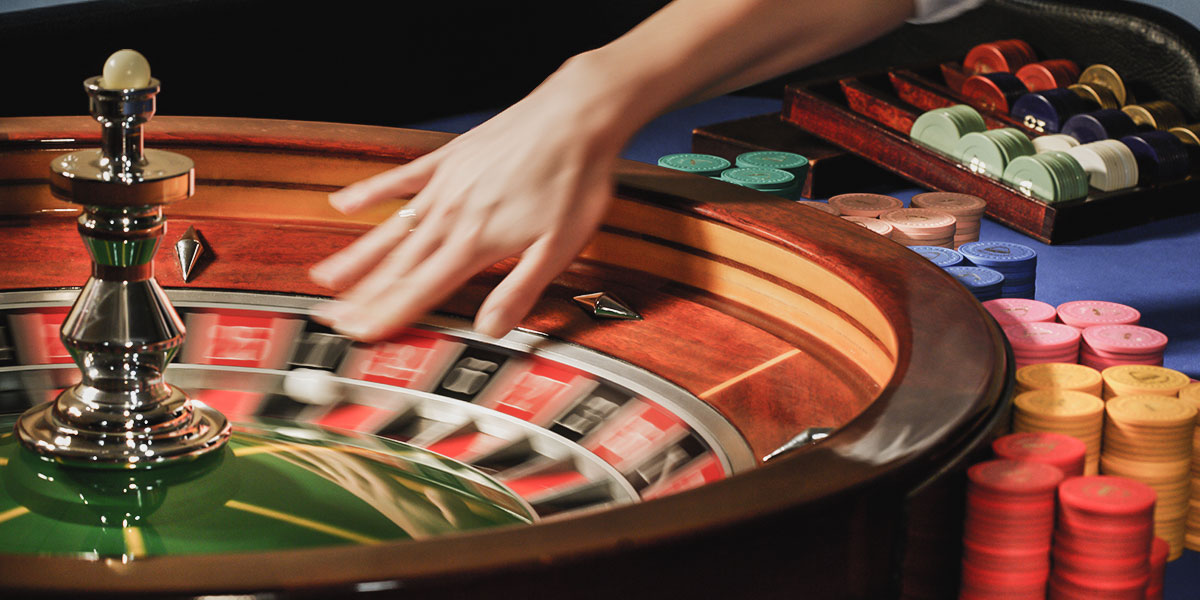Comprehending the Different Categories of Cards in Casino Gaming

Casino offerings have been a source amusement and thrill for numerous players around the world. cá cược thể thao tại mmlive One of the main factors that renders these games engaging is the variety of cards used in various kinds of games. Understanding the various types of cards can improve your experience and improve your gameplay approaches. Whether you are attracted to classic card games like poker and 21 or modern casino games, each game depends on a unique set of cards that influences the rules and the flow of play.
In casino settings, cards come in several styles, each tailored to fit the requirements of specific games. From standard decks to custom card variations, the diversity plays a key role in shaping the mechanics of each game. By familiarizing yourself with these cards and their uses, you can gain deeper insights into the games and make better decisions at the table. This knowledge not just enhances your overall gaming experience but also adds to a more sophisticated approach to your odds of success.
Types of Playing Cards
When it comes to casino games, the kind of playing cards used can greatly impact the gameplay and tactics. The most frequent deck is the standard 52-card deck, which consists of 4 suits: spades. Each suit contains thirteen ranks, from ace to king. This traditional deck is essential in numerous games, such as poker, where gamblers aim to form the best hand possible or approach 21 as they can.
Some casino games utilize unique decks specifically designed for those games. For example, the popular game of baccarat often employs various decks shuffled together, typically six or eight. This not only increases the complexity of the game but also affects wagering strategies, as players must consider the increased number of cards in play. Additionally, some games may bring in joker cards or wildcards, adding further diversity and thrill to the gaming experience.
In niche games, specialized decks may come into play. mmlive For example, in games like Bridge or Pinochle, players might use unique rules with different card values or roles. These changes keep the gameplay new and allow for diverse strategies to emerge. Understanding the different types of playing cards and their specific uses in different casino games is key to improving one’s gaming experience and improving overall results at the tables.
Deck Modifications in Casino Games
In casino activities, the type of set of cards utilized can significantly impact both the gameplay and the strategies employed by participants. Most traditional card games, such as 21 and poker, typically utilize a regular 52-card deck. However, modifications do exist where extra wild cards or even several decks are used. For instance, in 21, some gaming establishments may use one to eight packs, which can change the probabilities and the basic tactics required to compete optimally. Players must be cognizant of the deck composition, as it affects the house edge.
Another frequent modification in gambling playing card activities is the use of specialized or custom decks. For instance, some five-card draw games might use a set of cards that includes unique graphics or patterns, which can enhance the environment at the gaming table. These custom packs often function to distinguish between different play formats or loyalty initiatives within the casino. While the traditional guidelines of the activity remain the same, the aesthetics can affect player involvement and enjoyment.
Lastly, the mixing methods employed with various kinds of decks can also impact play. Casinos often make use of automatic shufflers that can randomly shuffle multiple packs effectively, making hand counting more challenging. The rate and method of shuffling can differ widely based on the activity and the gaming establishment’s rules. Understanding these card modifications is crucial for any player seeking to enhance their game strategy and overall enjoyment in gaming games.
Importance of Playing Card Worth
In gaming games, the value of individual card plays a crucial role in influencing the consequences of multiple games. Different games assign specific values to cards, influencing tactics and gamer decisions. For case, in blackjack, playing cards numbered two through ten are valued at their face worth, while face playing cards hold a worth of ten, and the ace can be worth as 1 or 11. Comprehending these worths allows players to make informed choices during gameplay, improving their chances of success.
Likewise, in the game of poker, the significance of playing card values extends to combinations and combination hierarchies. Strong cards can form stronger hands, such as pairs, straights, or flushes, which are crucial for triumph in the activity. Gamers must consider not only their own hand but also likely combinations their opponents might hold. This strategic complexity adds interest and complexity, making card values a key element in poker’s attraction.
Moreover, the mental aspect of playing card values cannot be overlooked. Gamers may use the knowledge of card values to deceive or confuse their opponents. By grasping how a playing card’s worth can affect the game’s mechanics, gamers can more effectively handle hazards and gains, creating a stimulating environment in gaming activities. Whether playing for fun or for real money, awareness of playing card worths significantly shapes the overall gaming experience.
